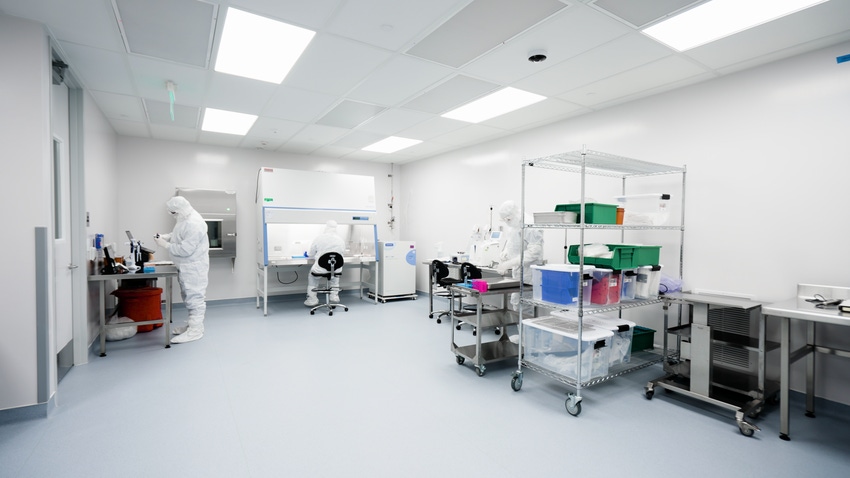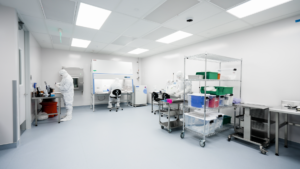Content Spotlight
Podcast: MilliporeSigma says education vital to creating unbreakable chain for sustainability
MilliporeSigma discusses the importance of people, education, and the benefits of embracing discomfort to bolster sustainability efforts.

ImmPACT Bio has opened a facility in LA to support IMPT-314, a CD19/CD20 bispecific CAR-T candidate for B-cell mediated malignancies and autoimmune diseases.
The 21,500 square-foot facility in West Hills, Los Angeles includes two manufacturing suites dedicated to autologous cell therapy drug manufacturing, a QC lab, and space for future cleanroom expansion.
The $15 million investment will support lead candidate IMPT-314 by accelerating clinical supply as the firm evolves its process and integrates automation.

West Hills Facility includes two ISO-7 GMP clean room suites that are qualified for aseptic process manufacturing
The chimeric antigen receptor (CAR) T-cell therapy aims to address patients who relapse with tumors that have lost CD19 expression. “ImmPACT Bio is employing a tandem bispecific CAR that binds two targets, CD19 and CD20,” Jim Johnston, chief scientific officer at ImmPACT, told BioProcess Insider.
“CD19 and CD20 expression is only on B cells and B-cell tumors, and therefore adding specificity for CD20 and CD19 does not have added toxicities. The two binding domains are in a compact structure that enables high expression and are, like the CD19 CARs, connected to signaling motifs that activate T-cell tumor killing.”
While the plant will support early-phase trials, the company says it will be choosing a CDMO partner for commercial manufacturing.
According to chief technology officer Sylvain Roy, “IMPT-314 follows a standard manufacturing process for an autologous CAR T cell therapy, except for the fact that we enrich our starting material for naïve/memory T cells (CD62L+), which we believe contributes to our unique safety profile and response durability.
“From the leukapheresis material collected from the patient, enriched CD62L+ cells are activated, then genetically modified by lentiviral vector transduction to integrate the CD19/CD20 CAR plasmid into the T cell genome. After a few days of expansion in presence of cytokines, the cells are harvested, washed, formulated and filled, then cryopreserved for storage in liquid nitrogen until quality release testing is completed.”
He added the manufacturing process uses multiple single-use closed systems technologies, including magnetic bead selection and wash by centrifugation, to minimize open steps.
You May Also Like